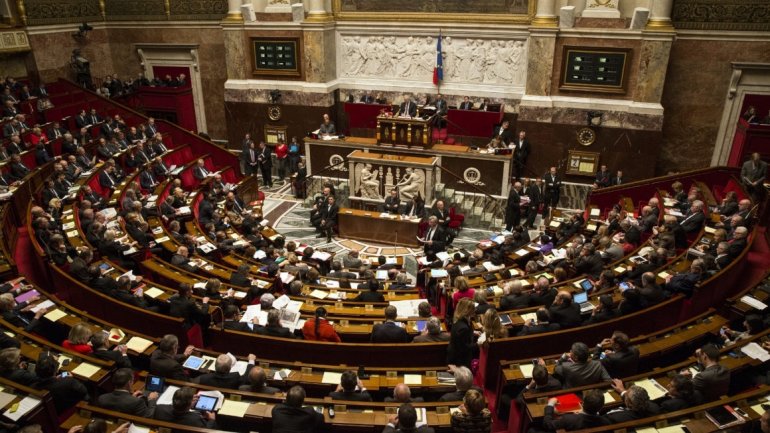Uninominal voting in European democracies. Way in which parliamentary elections take place
 foto: Publika.md
foto: Publika.md
The parliamentary ballot unfolds in two tours in France, being applied the uninominal majority elective system, but also the proportional system.
The French Parliament is formed by the National Meeting or the Inferior Chamber, with 577 members, and Senate or Superior Chamber, with 348 members.
The deputies’ mandate has a duration of five years, the senators’ – six years.
The French choose the National Meeting through uninominal majority ballot in two tours, and for the Senate members’ electing are used two types of systems: the majority system with uninominal ballot in two tours in the small departments in which there are chosen at most three senators and the proportional system in the others.
The uninominal voting in two tours is very close to the uninominal majority voting system with the distinction that in this case, if no other candidate didn’t obtain in the first tour 50% +1 of the votes, there is organized the second ballot tour at which participate the first two placed.
In the second tour, it is sufficient the relative majority. In case of perfect equality, the more aged candidate wins.
Beside the above-mentioned characteristics there is to add the advantage of an increased representation because the mandate is awarded with a simple majority, even if it is obtained from the second ballot tour.
- Tignes avalanche: "Skiers buried" as avalanche hits crowded slope (VIDEO/PHOTO)
- Valfrejus avalanche: One dead and two missing in France
- Paris, London plan Brexit-busting business, tourism tie-up
- French election race tightens as rivals campaign in south
- Dramatic footage shows explosion at Paris carnival that left AT LEAST 18 injured (VIDEO)
- Group for Moldova’s European Action joins in Luxembourg